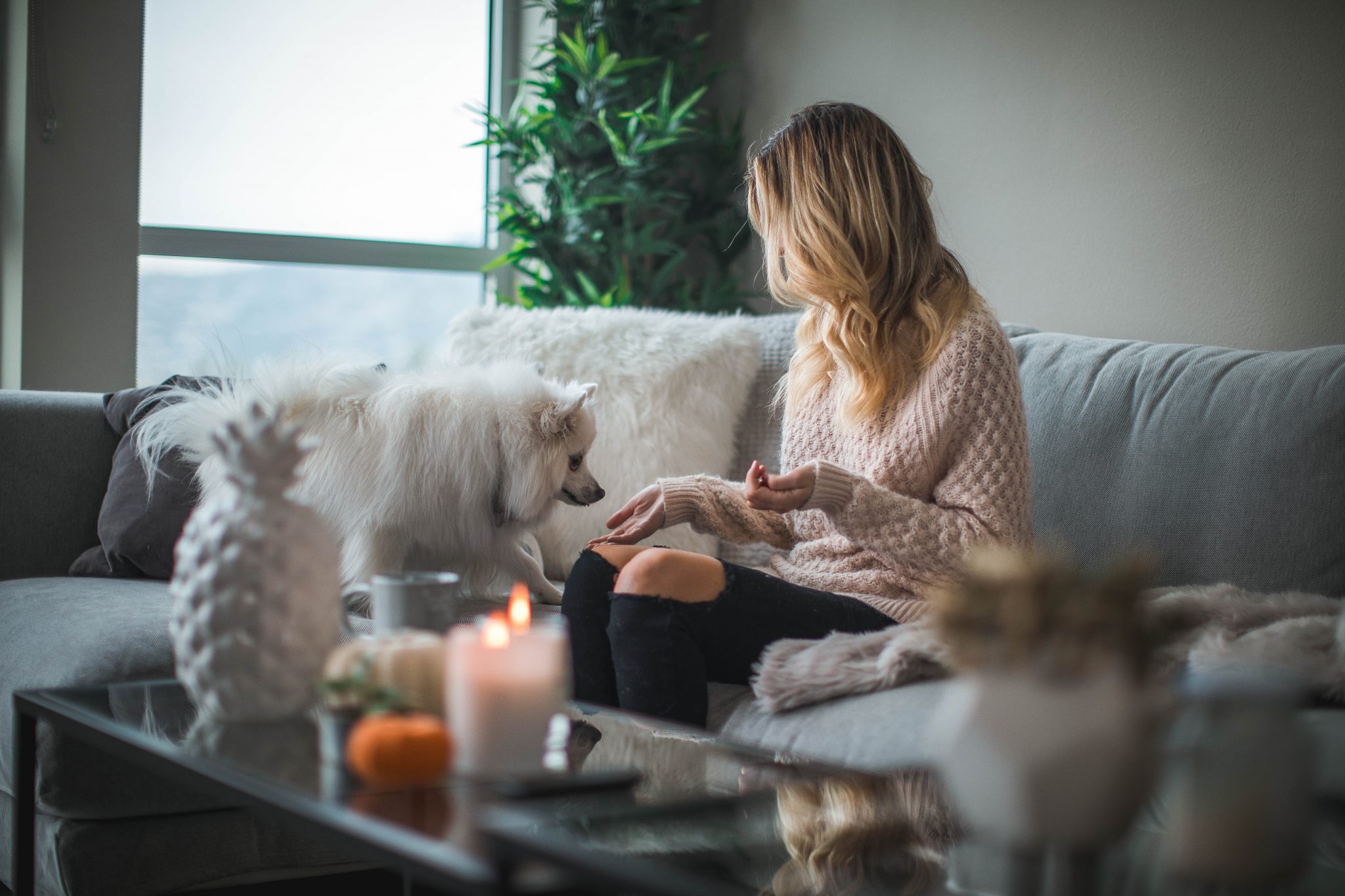
Separation Anxiety In Pets During A Global Pandemic
As parts of the country start to reopen, many people who have worked from home will slowly start heading back to the office.
Although this may be a welcomed change for some, others like our pets may need to adjust not having us around 24/7.

If you shared your home office with your furry friend over the last couple of months, it’s likely that your pet could experience separation anxiety when they suddenly find themselves home alone.
Trupanion, the leader in medical insurance for pets, has a few tips to ease the “back to the office” transition for you and your pet.
Practice and desensitize
When leaving and returning home, it’s important to keep it a very neutral and low-key experience for your dog. Petting them and giving them excessive amounts of attention before leaving or when you get home will only cause them to notice your absence that much more.
Desensitize your pet to cues you are leaving – grab your keys, put on your shoes and coat at various times of the day without actually leaving. If your dog has any cues that you are about to leave, be sure to practice those to desensitize your dog to your behavior.
Start practicing by leaving the house for very short periods of time. Be sure to keep the whole experience very low-key. Leave for 30 seconds and then return. Increase that time to 1 minute, 5 minutes, 15 minutes, etc. Vary the times to confuse your pet and show him that regardless of how long you’re gone, you will still return.
Prepare your pet
Only give attention on your terms.
Exercise them before leaving to help reduce anxiety.
Preparing your house
Leave a TV or radio on to fill the void of a now quiet house.
They also may enjoy the distraction of a favorite enrichment toy and, of course, snacks.
Consider your options
If your pet is comfortable with the crate, crate training may be a good place to start to keep your pet in a comfortable environment where they won’t have access to chew up your possessions.
You might consider hiring a pet sitter or taking your dog to daycare a few times per week.
If you are still having trouble with separation anxiety, we recommend contacting a dog trainer with expertise in this area.











